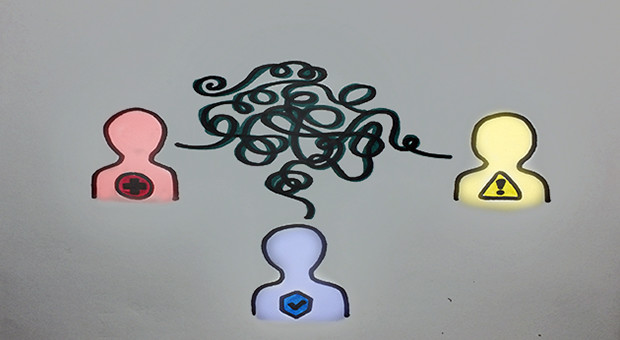
When a student goes into medical distress mid-exam, it’s fair for their classmates to assume university protocols will provide swift care. But during a recent exam at Simon Fraser University, this wasn’t the case, and the results were fatal.
In mid-October, a 58-year-old man went into cardiac arrest in his archeology midterm. Due to inconsistent policy protocol, he passed away before emergency services could reach him. SFU’s policy dictates the appropriate response to medical crises is to call campus security, who may call 911 upon arriving if necessary.
In this case, it was too little too late. This insufficient emergency response policy can be a risk to safety in medical crises.
B.C. Emergency Health Services encourages individuals to call 911 when witnessing medical emergencies. Their call-takers can provide life-saving instructions over the phone while help is dispatched.
However, SFU’s policy fails to translate appropriately to real life—they maintain it’s fastest to call on-campus security, who then assess a situation and deem whether it requires emergency assistance.
Emergency services have more experience and resources when assessing medical crises, regardless of their distance from a university campus. B.C. Emergency Health Services specializes in health and safety—if they state calling 911 is most effective, the university shouldn’t challenge that.
Campus security doesn’t regularly employ paramedics and nurses. In a life-or-death situation, a student shouldn’t be directed to a phone operator—they should be directed to professionals able to make targeted assessments and offer appropriate resources to those in danger.
If B.C. Emergency Health Services says it’s smartest to call 911, that expert opinion should be written into consistent protocols. For the sake of policy control and removing avoidable risk, emergency services should be better incorporated into the university’s response plan. This could mean writing direct 911 calls into policy or establishing smaller divisions of campus security that specialize in first aid.
Though life-or-death situations are uncommon mid-exam, they happen. The unnecessary death of an SFU student emphasizes the need for province-wide, standardized emergency response policy.
Minutes spent waiting for security to call 911 instead of contacting emergency services directly are minutes that could be spent saving a person’s life, and it’s critical for universities to understand that and react appropriately.
Regardless of the remedy chosen, one thing is clear: SFU is responsible for the protection of the many students it fosters, and their current emergency protocol doesn’t do enough to protect those students.
Tags
Campus security, emergency services, Simon Fraser University
All final editorial decisions are made by the Editor(s)-in-Chief and/or the Managing Editor. Authors should not be contacted, targeted, or harassed under any circumstances. If you have any grievances with this article, please direct your comments to journal_editors@ams.queensu.ca.
